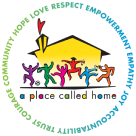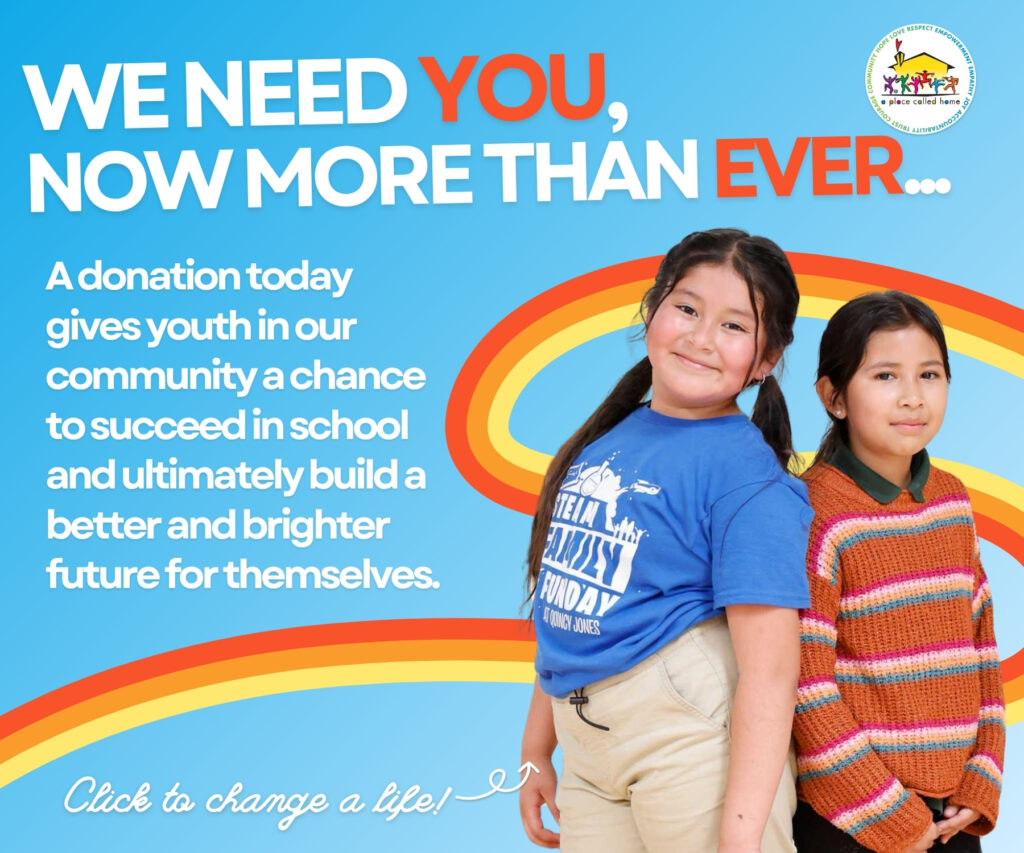The talented team at APCH took to IG Live last week to discuss Black History Month member programming and their perspectives on celebrating Black History all year long.
Recently, Rashmi from our Counseling department sat down with APCH’s IMPACT Program Manager, Leon, and Associate Director of Arts & Creative Expressions, Bernyce, via Instagram Live for a conversation about Black History Month. Leon and Bernyce reflected on their personal connections to the month, the importance of inclusive education, and how we all can continue to celebrate, and show up for, the Black community throughout the month of February and beyond.
What does Black History Month mean to you?

Bernyce: Black History means A LOT to me. I was raised by a family of teachers–my mother, father, aunt, and grandmother were all educators–and they all made sure that I knew as much as possible about my heritage because they knew that in schools they weren’t going to be teaching that to me as frequently.
When Black History Month rolled around in school you would hear about the usual things, of course Martin Luther King Jr., Sojourner Truth, stories about slavery, and after that month that was it, you didn’t really didn’t hear too much. The part that really opened my eyes and transformed me into a whole new person (in a good way!) was when I transferred to a 4-year college and happened to go to a Historically Black University. I am an alumnae of Clark Atlanta University and this was where I had the opportunity to learn not only the things you commonly hear about in public school, but I learned in depth about Apartheid, artistry, music, culture, and writing, and it made me realize that Black History isn’t just something you celebrate in one month, it’s something you celebrate all year long, your entire life.
How can we encourage our members to talk about the significance of Black History Month?
Leon: I think just being informed. Understanding the contributions and inventions that people of color have made and being aware of what those are, so that they can share with others and encourage people to do more, and can also find their own ways to do more and influence their communities.
Bernyce: The month is a great time for us to pause and really highlight and discuss all of the important components of Black history, but I think it’s important to plant that seed throughout the year. When I was still in the classroom with our members, one of the things I always tried to do was integrate it into project based learning. So you’re not necessarily saying “Okay, get out your textbooks, we’re going to learn about Black folks today”, it’s more along the lines of “These people were all children once like us, so let’s explore the interests that they may have had as kids”, and then building that out into projects. For the entire month of February I would expose our members to a huge notebook full of Black writers, activists, authors, poets, as well as allies in the Latinx and Asian communities, to show our members how important Black History and these bridges between cultures are, and then would incorporate that into the art projects we did.
How can we support the Black community this month?
Leon: I think, naturally, a lot of things are supported financially, so finding Black-owned businesses–whether it’s restaurants, handmade goods, or clothing–supporting and uplifting them. Instagram is a great place to find Black-owned businesses to support, and even just going to places like museums that feature Black artists and becoming familiar with their work. Small things like that are good ways to show support.
Also, I think people can be a safe space for friends that are celebrating this month. I think Black History Month is for everyone and that it’s about being inclusive and open-minded.
Bernyce: There’s a lot of ways to support the Black community. You can support Black-owned businesses, but besides the usual food and fashion, one of the things I encourage is to seek out businesses that have a niche that might be of interest to you. Also, you can seek out Black artists, of course there are musical artists, but seek out visual artists, comic book artists–if you love reading or children’s books or anything like that, the best way to learn more about Black history is to immerse yourself in the literature–and you can even check out independent films.
What books, movies, or other media would you recommend for people who want to learn more?
Leon: There’s a really interesting book called Black Like Me, I think that’s great. There’s also a lot of books by Maya Angelou that are really insightful. Some books can be a little more mature, maybe more appropriate for high school–The Color Purple by Alice Walker is one that I would suggest. In terms of seeing the evolution of people, autobiographies are also really great to read. I haven’t read Barack Obama’s book yet, but Michelle Obama’s Becoming is phenomenal and talks about her upbringing in Chicago and how she got to where she is now.
Bernyce: One of my favorites is an Ivory Coast comic book called Aya of Yop City–it’s not African American, per se, it’s West African, but it’s an awesome story about a young lady growing up in the 70s Ivory Coast. For those of you that don’t know, I love textile art, and there is an amazing quilter named Bisa Butler–I got her book for Christmas–and she does amazing “paintings” of African American lives in fabric. I’m also reading Brit Bennett’s The Vanishing Half, a novelization about Black experience. It’s not necessarily history, but it’s about what it’s like to live while Black. I also like Black representation books–it doesn’t always mean the author is Black, but it is a moment to take a second and highlight that there are Black heroes. I have my collection of Black Panther and Friday Foster, which was a comic book strip in the 70s that I’ve been looking for forever.
To hear more from Leon and Bernyce, check out the full conversation HERE.


